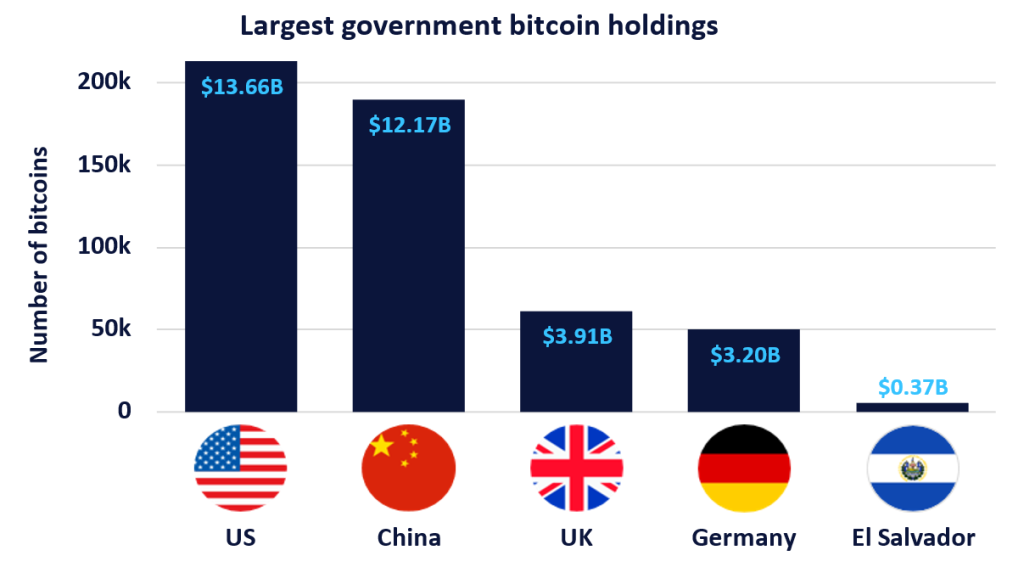
Leading international affairs think tank Chatham House has urged governments to establish regulatory frameworks that will enable the second phase of the ongoing energy transformation to flourish.
The think tank, which is also known as the Royal Institute of International Affairs, made the recommendations in a research paper published today entitled The Power of Flexibility: The Survival of Utilities During the Transformations of the Power Sector.
“Technological innovation is signalling the extent to which the power sector could change, but unless new regulatory structures and incentives are put in place so that new market actors can operate profitably, then the necessary rapid structural reforms are unlikely to be achieved,” warned the think tank in the paper.
The ongoing energy transformation
The energy sector has seen dramatic change over the last decade, which Chatham House describes as a “profound disruptive shock”.
So far this has been fuelled by three factors: the rapid and increase deployment of renewable technologies, stagnating growth in energy demands and market reform.
As a result of this solar and wind power have become the main sources of new power capacity, and are quickly becoming the cheapest ways to generate power around the world.
How well do you really know your competitors?
Access the most comprehensive Company Profiles on the market, powered by GlobalData. Save hours of research. Gain competitive edge.

Thank you!
Your download email will arrive shortly
Not ready to buy yet? Download a free sample
We are confident about the unique quality of our Company Profiles. However, we want you to make the most beneficial decision for your business, so we offer a free sample that you can download by submitting the below form
By GlobalDataHowever, a second phase is now beginning to appear, which the think tank says will see the introduction of technologies such as smart grid systems that will bring greater flexibility to the use of renewable power sources.
“A number of new technologies are crucial to enhancing system flexibility: smart EV charging, battery storage, digitalisation with intelligent control, and demand-side management,” explained the think tank.
“These will complement or replace the existing flexibility mechanisms, currently provided by power plants’ operational regimes and the use of interconnectors.”
This will be further fuelled by the increased electrification of vital services previously powered by other means, most notably cars and heating.
“As the electricity sector increasingly dominates the wider energy system, flexibility will likely define this second phase of transformations, and will be the key enabler for ensuring affordable electricity.”
Government action required
This transformation, more so than the last decade, will see the entrance of new players in the energy space. As new technologies are increasingly used within the power sector, companies from other industries will be needed to ensure technology driven energy flexibility is successful.
However, according to Chatham House, governments will need to create new regulations to ensure this introduction of new players and technologies is successful.
“Governments seeking to encourage entrants to the market for the provision of electricity system flexibility will need to develop new market and regulatory mechanisms that balance two imperatives: appropriately valuing the evolving suite of ancillary flexibility services; and ensuring that core principles of energy security, affordability and environmental protection are upheld,” the think tank wrote.
Perhaps more significantly, these technologies are fuelling the development of whole new business models, such as blockchain-based systems that remove suppliers from the role of broker by allowing users to directly purchase from power producers.
The report gave the example of a pilot scheme underway in New York, where locally generated power is purchased through a disaster-resistant blockchain platform. This approach, Chatham House argues, will create new regulator needs.
“Pilot schemes in New York show how regulators are encouraging traditional utilities to develop energy service platform business models,” the think tank wrote.
“Regulators, governments and utilities will need to work together to design the rules and protocols for such platforms, which will enable the connection of distributed energy resources and the emergence of associated new services.”





